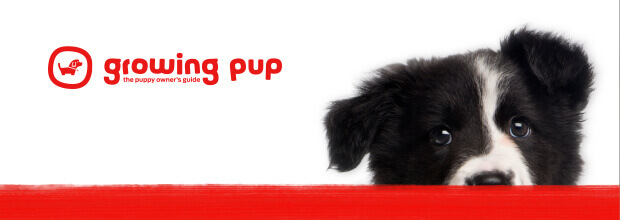A spirited little dog bred to root small animals, such as fox, rats and otter, from their lairs, the Cairn Terrier is known for his tenacity. A quick learner, the Cairn instinctively likes to dig and chase small animals. This terrier has a compact body and broad head with a bushy topknot and eyebrows. His shaggy, medium-long coat needs weekly brushing and some trimming or stripping, as well as monthly bathing.
DID YOU KNOW? The Cairn Terrier is named for the rock dens that foxes and badgers lived in throughout the Scottish countryside. These terriers would squeeze down the cairns and bark to alert the farmer if they found game. The best-known Cairn Terrier is “Toto” from the movie “The Wizard of Oz.” The dog’s real name was “Terry,” and though this Cairn played a male role, Terry was a female.
ALSO KNOWN AS: Short-haired Skye terriers















